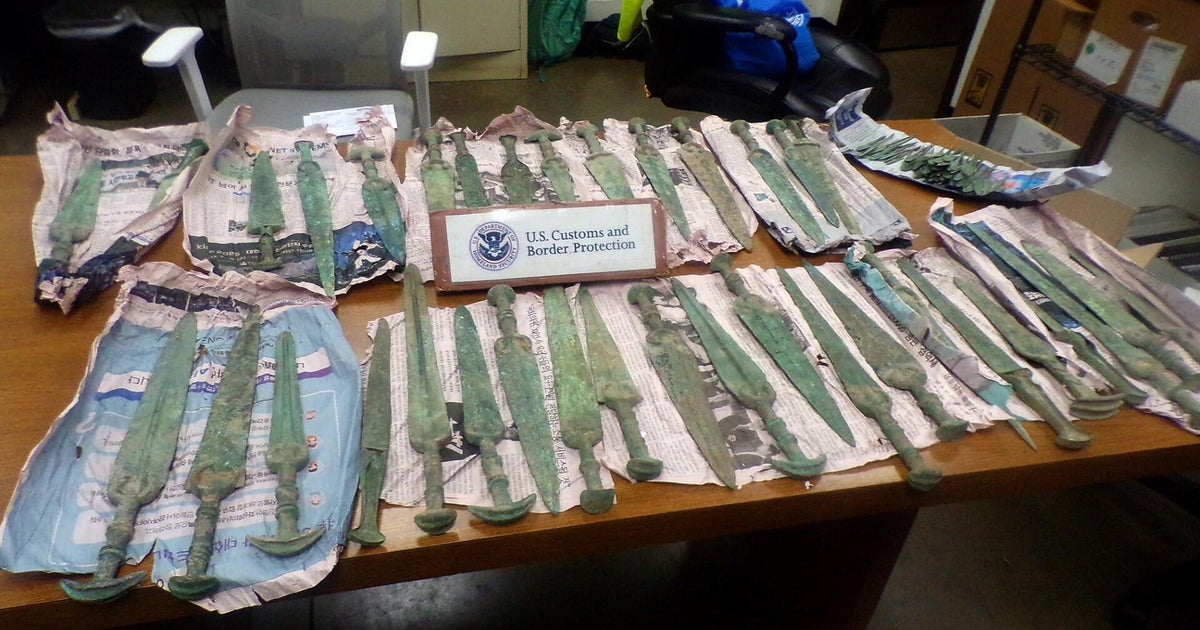Thousands of Minnesotans could be drinking contaminated water, EPA says
According to the Environmental Protection Agency (EPA), more than 9,000 Minnesotans could be drinking contaminated water and not even know it.
The Minnesota Center for Environmental Advocacy (MCEA) says it's been trying to raise concerns about public drinking water and private wells in southeast Minnesota for a long time.
"MCEA had been advocating for various practices through state agencies for several years and hadn't been getting the results we needed. And so [we're] asking the federal government to step in and help us urge the state agencies to do more," said Leigh Currie, of the MCEA.
RELATED NEWS: Drinking water in 8 Minnesota counties found to have unsafe levels of nitrate
Their concern? Nitrates. While natural, the Minnesota Department of Health says excessive amounts of them can affect how blood carries oxygen in our bodies.
"Nitrate pollution is primarily caused by fertilizer and manure application to agricultural fields," Currie said. "It is a naturally occurring compound as well. But when it exceeds certain levels, it can cause pretty dramatic health impacts."
Last week, the EPA responded to their efforts, giving the state of Minnesota 30 days to come up with a plan to test water in the affected areas which impact more than 9,000 people in eight southwestern Minnesota counties: Dodge, Fillmore, Goodhue, Houston, Mower, Olmsted, Wabasha and Winona.
"I've not heard anything about it," said Jack Holmes of Red Wing. "I tell you what, if I have any water I'll just make sure to mix it with some vodka and it should be OK, right [laughs]!"
MORE NEWS: Friday marks 48 years since the tragic sinking of the SS Edmund Fitzgerald
In a statement, the Minnesota Pollution Control Agency said in part, "Minnesota is currently implementing long-term strategies to reduce nitrate groundwater from agricultural practices through fertilizer storage and management planning and improved application. While progress has been made, more work is required."
"If their water is contaminated with high nitrate levels, then it really is a public health emergency for them to have safe drinking water," Currie said.







